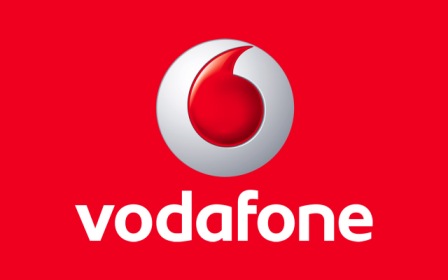After all the noise, all that came out of the GT/Vodafone probe is a decision by government to “re-engage” the British multinational to ensure “compliance with the country’s laws”. What does that mean?
Well, simply put, it means government cannot reverse the agreement. It also means that despite all their claims, there isn’t a scintilla of evidence to show that any laws were broken when the Kufuor administration sold majority shares in Ghana Telecom to Vodafone. But most importantly, it also means that after huffing and puffing for several months, the ruling party (the government) now wants to sit down with Vodafone and beg the company – literally – to return some of the assets they purchased, and, possibly, add a little to what they paid for the assets they should keep. The ball, effectively, is in the Vodafone’s court because re-engagement is not quite the same as re-negotiating.
Government says it wants the Telecom University back. Vodafone doesn’t want it anyway and so they will gladly give it up. Government says Vodafone should have paid 28 million dollars for its 3G licence. Vodafone can choose to pay and they can choose not to. The 3G licence was part of the package Vodafone has already paid for and if they choose to pay more for it, I’d be surprised.
- Advertisement -
Should Vodafone pay more for the fibre optic infrastructure? Once again, this is entirely up to the company to decide and if they opt not to pay or give it up, there is very little government can do about it. The Mills administration also wants the “the possible return of some GT investments including landed properties and the Telecom Emporium to the Government of Ghana,” according to a statement from the office of the chief of staff. The operative word here is “possible”.
Therefore, the success of re-engagement exercise – for which yet another committee (they are calling it a team now) will soon be set up – largely depends on the goodwill of Vodafone. It’s government attempt to show all those who opposed the sale of GT shares to Vodafone that they’ve done ‘something’, in fulfilment of a campaign promise. But at the end of it all, there is very little they can do and much of it depends on the goodwill of Vodafone. They know it.
All the government is going to try to do is to plead with the company to help them save face. Vodafone might have pity on President Mills and in a gesture of goodwill offer a few tokens here and there. But government has run out of cards because they didn’t get the smoking gun they thought they’d find. So at some point, government should realise that this matter should be put to rest to enable Vodafone to focus its energies and resources on reviving a company that nearly collapsed.
If Vodafone succeeds in Ghana, it will employ Ghanaians. Ghanaians will use its services. It will pay taxes to the Ghanaian government – which still has shares in the company. That’s value for money. And it’s better than whatever Telecom Malaysia delivered when it bought a stake in Ghana Telecom from the Rawlings regime.
Now, after wasting time and money only to come to a decision to ‘re-engage’ government should focus its attention on fulfilling more pressing campaign promises: better hospitals, better schools, better roads, better jobs, a better economy – essentially, a better Ghana.
Until then, maybe, we need to set up a committee to decide when and where President Mills and his governing team will be served the humble pie they so badly need to eat over this GT-Vodafone transaction.


